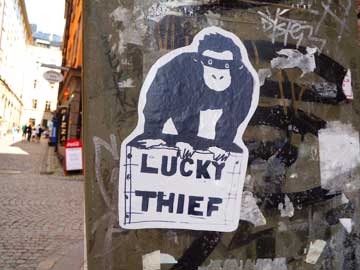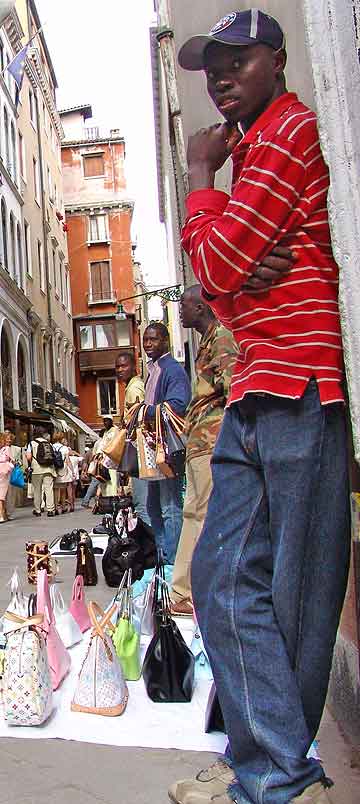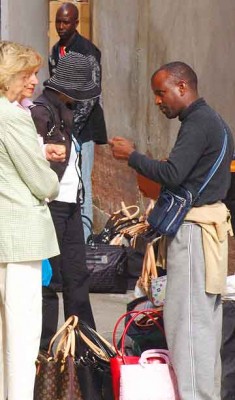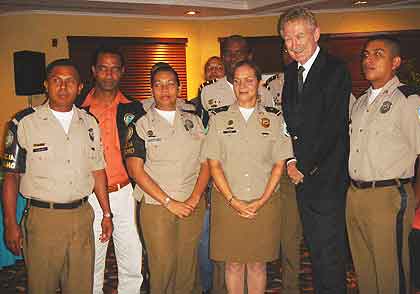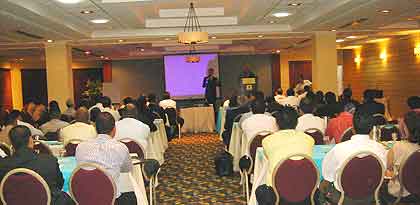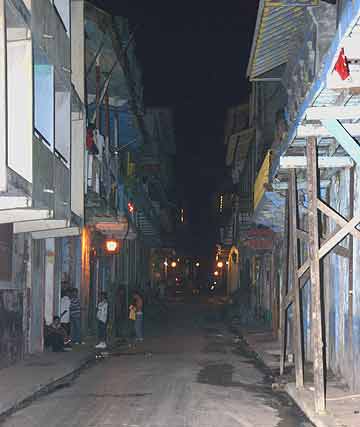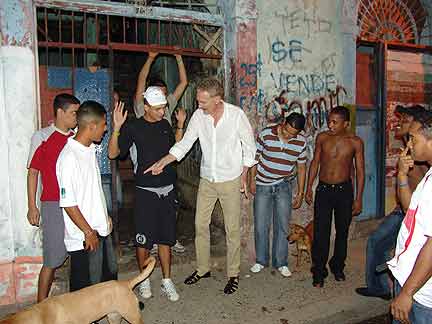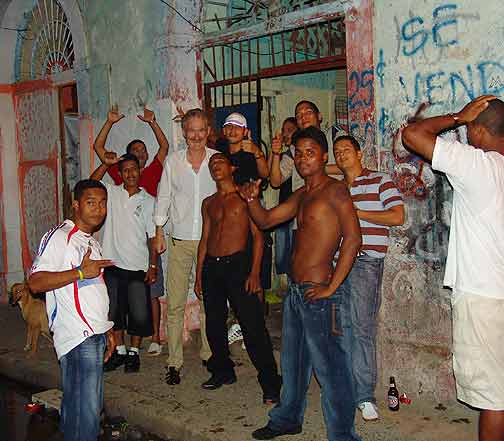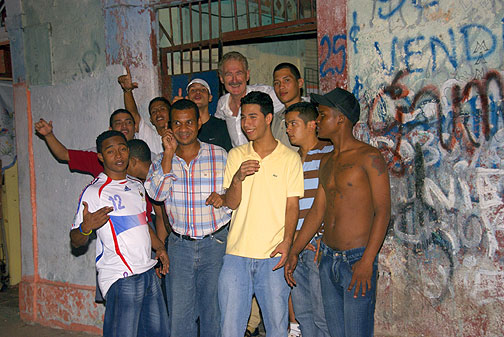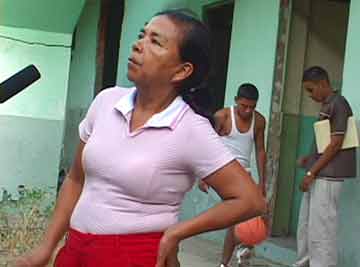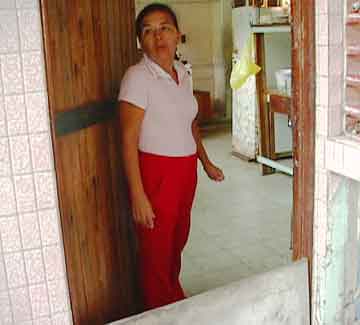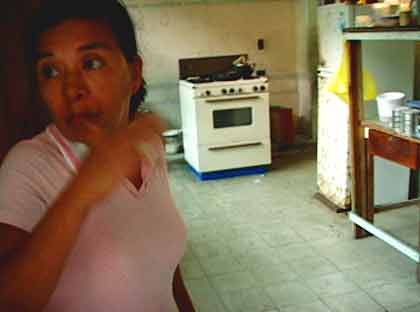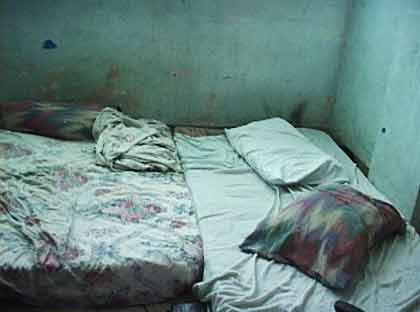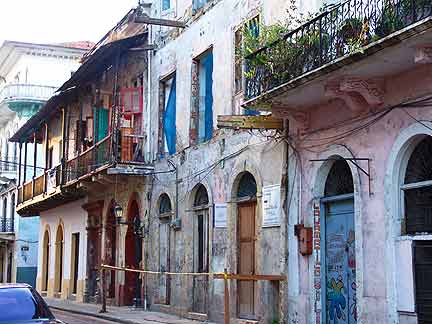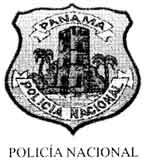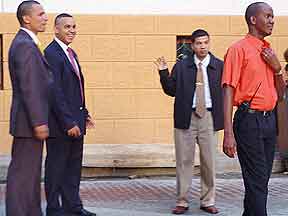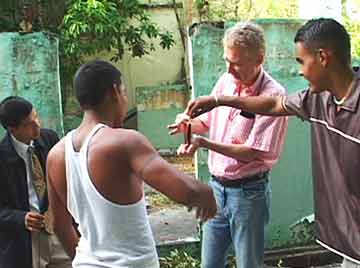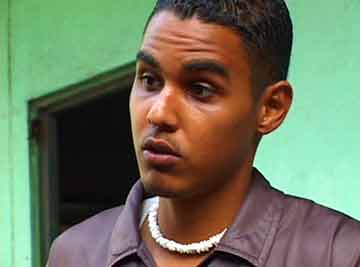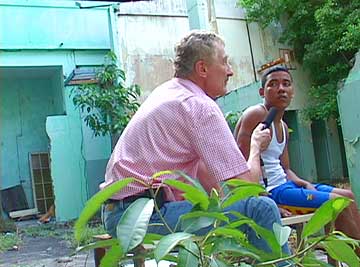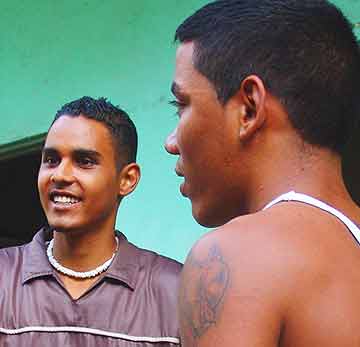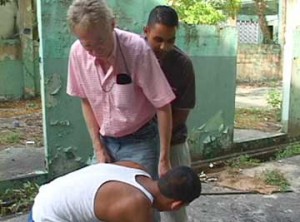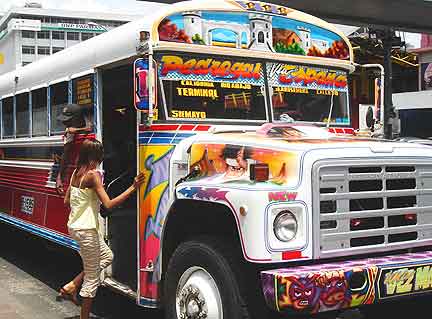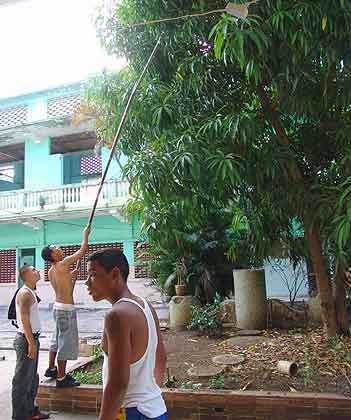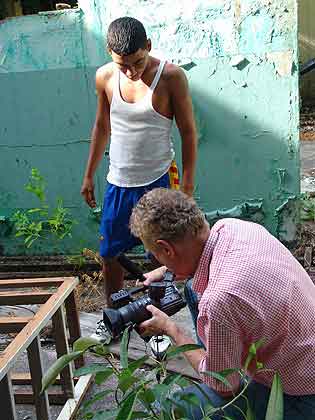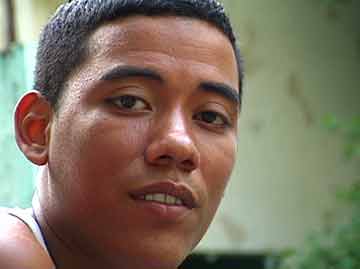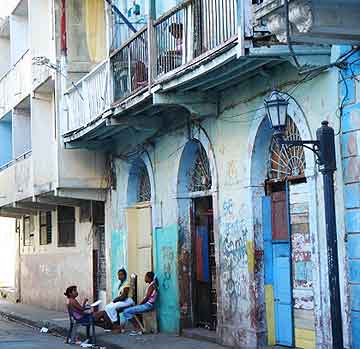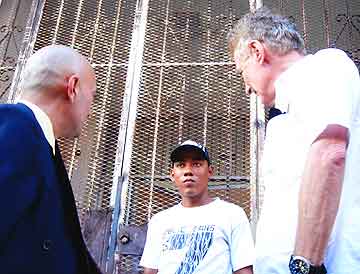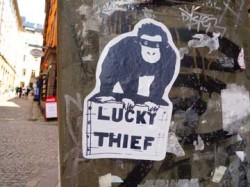
Beware, pickpockets are working here. That’s the first thing an international visitor sees when entering Sweden at Stockholm Arlanda Airport. Face level signs are pasted on the glass doors you pass through at immigration. Show me your passport. Welcome! Oh, and watch out for pickpockets—you’re in Stockholm!
Street crime in Stockholm
For a big city, Stockholm has very little street crime. For a city with so little street crime, there sure are a lot of warnings about it. Maybe that’s why there’s so little street crime in Stockholm!

Digital platform signs in the city’s super-efficient subway system run frequent text warnings, in Swedish and English: watch your personal belongings, pickpockets are around.
Restaurants post reminders about watching your bags. I heard bus drivers on routes to Djurgården, where amusement parks are located, warn about pickpockets.
The Stockholm police have volunteers hand out little warning cards in the streets, and they thought it important enough to gather for a Bob Arno lecture last summer.
Is it a case of hysterics?
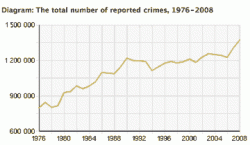
Let’s not compare Stockholm with other cities. Let’s compare it with itself over time. According to the Swedish National Council for Crime Prevention, crime in general peeked in 1990, stayed rather constant for 16 years, and is now on a new rise. Specifically, bicycle theft is down and fraud is up. No surprise there. Burglary is holding steady, while assault is on the rise.
Reported robberies have remained fairly steady at about 9,000 incidents per year for the past ten. The Council includes shop and bank robberies in the figure, but says about 86% of the figure is robbery from the person. Remember, these are reported incidents. My research with Bob indicates that, as people lately tend to work hard and play hard, they also don’t sweat the small stuff. Who has time to file a police report?
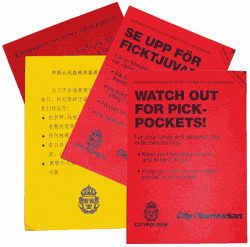
I’ve already written about ATM crime, skimmers, and pseudo-cops in Sweden. The latest concern is criminal gang activity. Neighborhoods “have been hit by a wave of violent thefts recently.” Children 14-17 are conducting violent robberies in what seem to be initiation rites as they join the Black Scorpions. The Black Scorpions are starter gangsters who’ll graduate to become Black Cobras. Like Cub Scouts become Boy Scouts. The gang crept in from Copenhagen, and seems to be immigration-related.
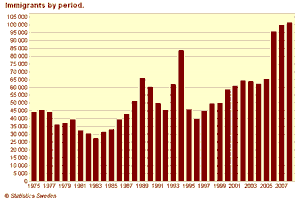
The twin upward slopes of crime and immigration might lead one to believe that foreigners are perping on the Swedes. Ah, a politically sensitive theory. I can’t touch it.
Bottom line is that, for a capital city, Stockholm has very little street crime. The Swedes are rather trusting and naive and therefore make excellent victims, especially when they travel to places with significant street crime.
But speaking of Swedish victims of foreigners, here’s a vaguely related, rather humorous report. A woman in Thailand recently conned five Swedish men into sending her money “for a plane ticket to Sweden.” The five met at the airport arrivals hall when they found themselves alone together still waiting for the woman, who never showed up.

